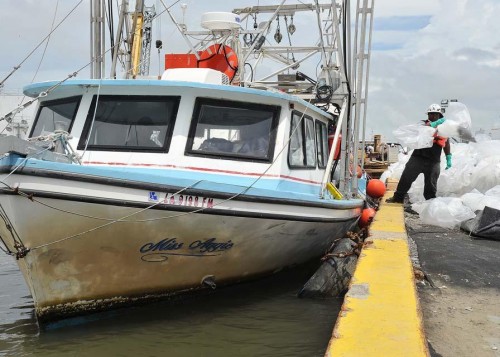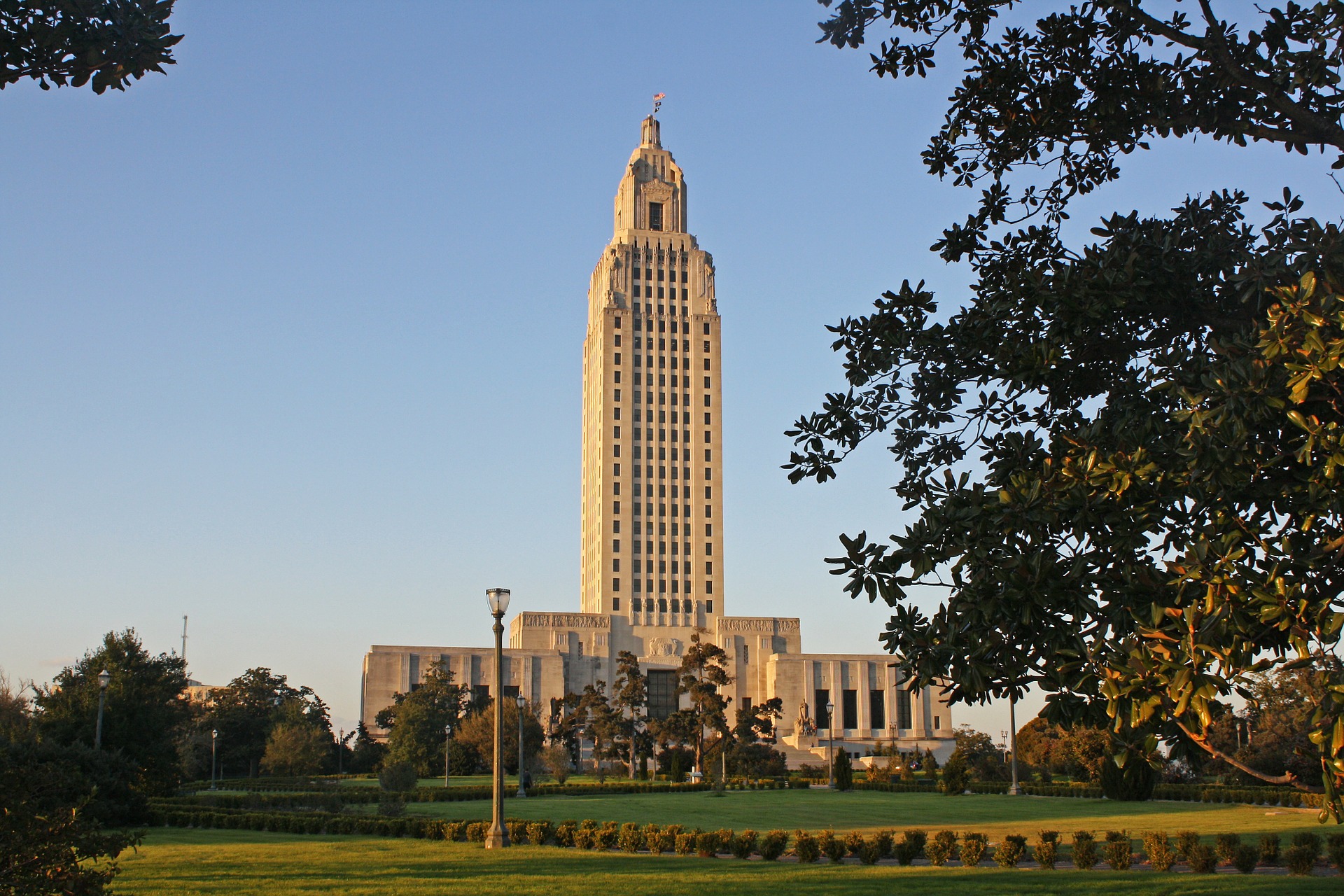
Taxable oil spill income could be another mess
February 1, 2011Thursday, Feb. 3
February 3, 2011Plaquemines Parish President Billy Nungesser accused the U.S. Coast Guard of facilitating BP’s hasty retreat from protecting Louisiana’s coastline during a Rotary Club of Houma luncheon last Wednesday.
Nungesser, introduced as the “Speaker of the Oil Spill” for his nationally renowned passionate diatribes against the oil company in the months after the April 20 disaster, railed the federal entity for a poor and incomplete response to the largest man-made disaster in the nation’s history.
“I hope BP is paying the Coast Guard,” Nungesser said after addressing the packed banquet room at the Quality Hotel. “If not, you and me are paying for them to run interference for a company that is not stepping up and doing the right thing.”
Nungesser accused the Coast Guard of ignoring local officials’ plans to prevent oil from reaching the Louisiana marshes and not holding BP accountable for ensuring that all the oil has been cleaned.
“The last report I saw on the acreage infected in Plaquemines Parish was 34 miles of mildly infested marsh,” Nungesser said. “Today, in Plaquemines Parish, with our GPS and the sheriff’s assistance, we have documented over 10,000 acres, so they’re off just a little bit. But they still live by that number.
“If we don’t send boats out at our expense looking for wildlife, looking for the infested areas, it doesn’t get done. They ignore it and they go away.”
Terrebonne Parish President Michel Claudet said his experience with the Coast Guard has been “substantially different” and the parish is re-inspecting the cleaned areas to ensure they are clean. Claudet said the state will hire a master contractor in the spring to check the affected areas and BP will not leave until the job is complete.
“They are not going to be gone until such time as it’s completely finished,” Claudet said. “Have they removed their operations from Terrebonne a lot? Yes. But will they be brought back if needed? Yes.”
Claudet said his only issue with the Coast Guard came in May, when boats with skimmers were docked instead of defending the coast. He said he contacted the governor, who got the boats to work, and since then, the relationship has been amicable.
“Obviously, there were times when it could have been better, we all know that. But for the most part, they complied with our requests,” Claudet said.
Nungesser also proposed a 66-person plan that would allow oil companies to resume deepwater drilling in an expedited fashion. He said each deepwater oilrig should be stationed with an independent monitor, whose only priorities are “safety of the people and safety of the environment,” paid for by the companies themselves.
“I guarantee you if you went to the drilling companies today and said, ‘If you pay this man’s salary, you can go back tomorrow,’ they would jump at it,” Nungesser said. “I don’t think funding that person is any concern. I think the important thing is that it would work. We know it was human error and mechanical things that were not enforced.”
The Plaquemines president said 33 people would act as air marshals, one on each rig, and 33 would be on standby for a crew change. He said they would rotate rigs to prevent the independent monitors from attaining a comfort level.
Nungesser, re-elected last October, was noncommittal about potentially running for higher office. “I would consider it,” he said. “I’m not going to rule it out. I only know two things, 100 percent or not at all, and right now, my job with the levees and everything else in Plaquemines is seven days a week.”







